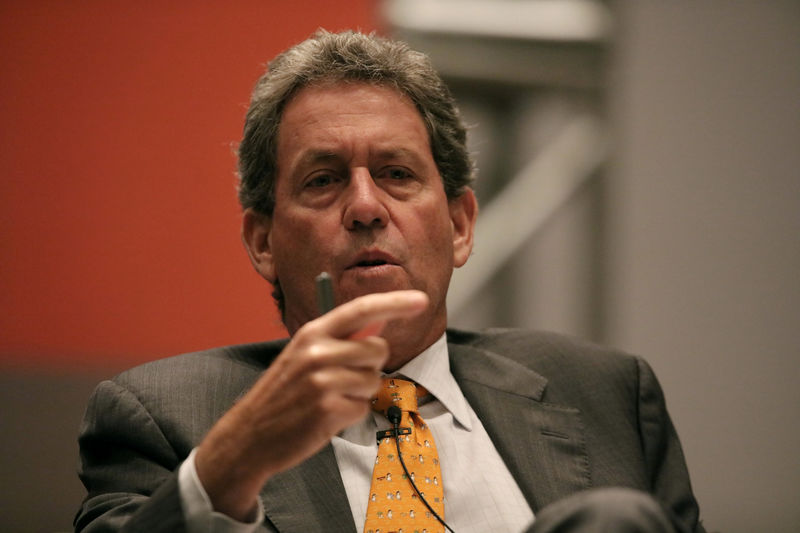By Teresa Cespedes and Ursula Scollo
LIMA (Reuters) - Peruvian President Pedro Pablo Kuczynski said he expects the country's economic outlook to improve over the short term, but expressed concern over international trade ahead of the upcoming U.S. election in remarks at a Thomson Reuters Economic Forum on Thursday.
The centrist leader said his strategy to keep Peru's economy humming was based on expanding the taxpayer base and building new airports and other infrastructure as the Andean nation looks toward a future less reliant on mining.
With the race for the White House tightening over recent days, Republican candidate Donald Trump has criticized many of the trade deals that Washington has signed.
"We are five days out from the election," Kuczynski said. "The election may not change the course of our economy, but the worry for Peru has to do with international trade, which has not only stalled, but fallen over the last two years."
Peru is one of Latin America's most open economies and has trade agreements with more than 20 nations including the United States and China.
"Trade has been the engine of world growth," Kuczynski added. "We have to promote openness and world trade, but that is something that is very unpopular in some quarters of the United States."
Central Bank President Julio Velarde said in a presentation at the same forum that Peru's economy would grow 4.5 percent in 2017, the fastest in Latin America, and up from 4.0 percent in 2016.
After three years of falling private investment, Velarde said it would increase by 5 percent in 2017, mostly in areas other than mining.
A former investment banker, Kuczynski took office at the end of July. His government is expected to announce its first major package of reforms next week.
"The measures we are working on are almost all economic, there are 60 based on expanding the tax base through formalization. To achieve this we need to incorporate small- and medium-sized companies," Kuczynski said.
Finance Minister Alfredo Thorne also said the most significant risk to Peru's growth came from abroad, and emphasized the need to replace mining investment with investment in infrastructure. Even without reforms, Peru's economy is well placed to grow 4.8 percent next year, Thorne said.
Thorne said if external conditions deteriorated further, Peru would try to convert some debt into the local soles currency.

"I am worried about what is happening in the United States. We do not know what is going to happen with the elections next week," he said.